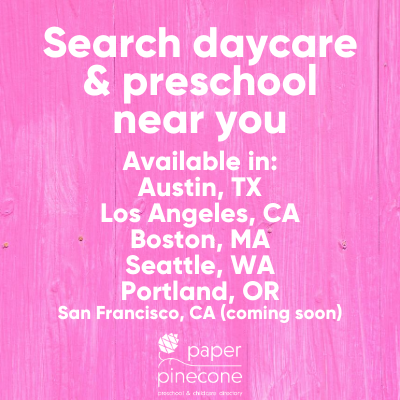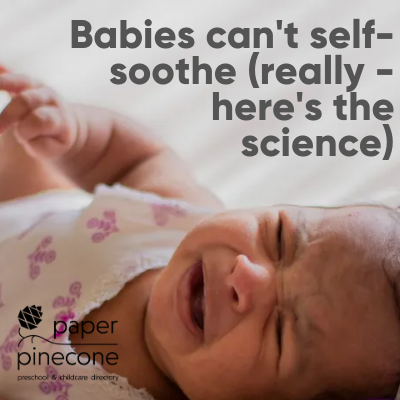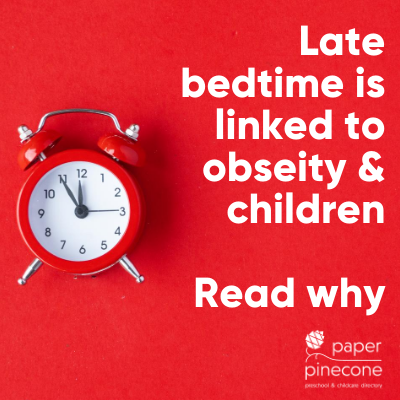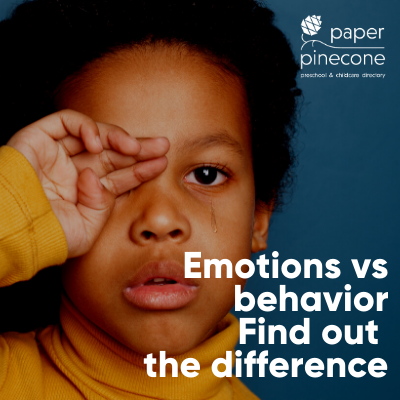Training for Sleep Training: The History Behind THAT Question

Published Date: 02/19/19
The scene is a familiar one. A new mom, holding her beautiful newborn, is confronted with a question: “Is he sleeping through the night?” She tenses, smiles, and responds as cheerfully as she can manage: “not quite yet!”

Don’t be fooled by her smile, inside that mama’s head looks like this. Come on, admit it, this was your mind just reading that question.
Photo by Matthew Brodeur on Unsplash
Every time I see this happen, my heart breaks a little. This question is absurd. But, more than that, it’s dangerous. It’s dangerous because it starts to chip away at a mother’s confidence in her very ability to mother. When you ask the mother of a one-month old, “is that adorable baby letting you get any sleep?”, you imply that the baby should be sleeping long stretches.
You imply that sleeping alone all night is what’s normal for babies. As soon as that question leaves your mouth, regardless of intention, a little voice creeps into the back of her head:
"what am I doing wrong?”
And when that mother is barraged with that question day in and day out, that voice grows louder and louder until it is d e a f e n i n g.
People ask this question because Western society has been led to believe that babies should sleep through the night alone. But why we want our babies to sleep by themselves all night is a question with more than one answer. Like a game of telephone, the origins of infant sleep expectations have been warped and twisted over the decades, spawning a multi-million-dollar sleep-training industry. We buy swaddles, white noise machines, special night lights, pricey bassinets, supplements, humidifiers, and special toys chasing this goal, often without the desired result.
That’s not to say that sleep training does not have its place somewhere in modern society. There are a multitude of factors to consider for each family. What I’m stressing here is that the assumption that it’s normal and best for every baby and every mother is a false one. We’ve come to define what’s developmentally typical based on current parenting practices, rather than by what we know about infants.
So, how did we get here?
The seed was planted during the Industrial Revolution: this was the first time that parent manuals recommended sleep training. Not so coincidentally, this was also when women entered the workforce in droves for the first time. Having a fully weaned infant was not only preferable, but necessary in this case, as shifts often lasted 12 hours or more.
Moms need to work so moms need to sleep. Sleep training enters the conversation as a response to inadequate childcare options and complete lack of parental leave policies. Hmmm…sound familiar?
Then, sometime in the 1880s parents were advised to touch their infants as rarely as possible[1]. Why, you may ask? Because this was a time when medicine was primarily concerned with disease transmission. It did not stem from developmental fact or understanding but, rather, from the attempt to keep babies alive in an age where infection was running rampant. Parents, mothers primarily, were now told to ignore their gut instinct when they heard their babe cry in order to keep their infants healthy. Ignore your instinct, mamas! Doctor says it’s ok!
You now have the medical community telling parents that not comforting their crying infants, at night or otherwise, may be the very thing that keeps them alive. This is monumentally influential, particularly because this is a time when parents had no access to scientific knowledge. No Google, ya know?
Fast forward to the 1920s, when John Watson was president of the American Psychological Association. Watson, a behaviorist, believed that only the consequences of a behavior mattered for learning. Maternal affection, in his eyes, would only teach a child dependence[2]. He had, as you might imagine, no scientific evidence – or even experience – to back up these claims. I mean, this was a man who intentionally traumatized an infant repeatedly in order to prove behaviorism could work.
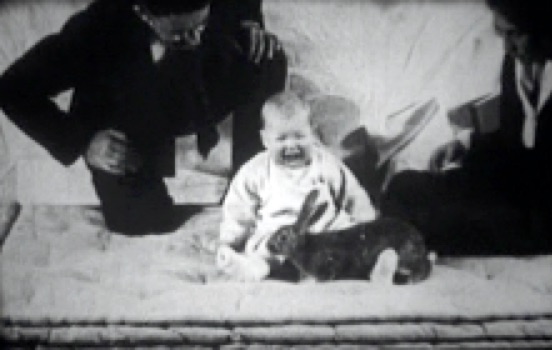
Little Albert ended up with a phobia of all things furry, including Santa’s beard. SANTA’S BEARD! For shame, Watson! And, yet, here we were taking parenting advice from him.
Thanks in large part to Watson’s influence, the government issued a pamphlet to parents urging them to teach their children to learn to sit quietly alone by six months (!). It said that infants should be left entirely alone most of the day. Parents should never hug or kiss their child, but should instead treat them objectively and professionally. The pamphlet insisted that an infant should never inconvenience the parent. <rolls eyes as my two-year-old follows me to the toilet>
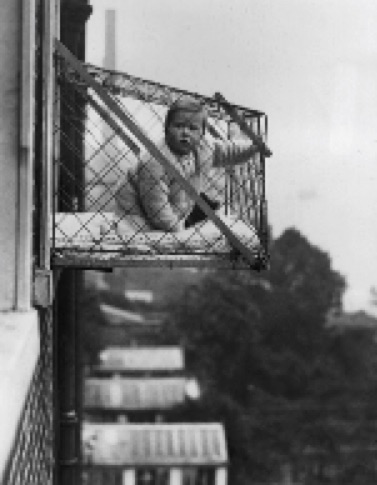
Infants should definitely be left alone in the bedroom while you throw a cocktail party. But one of these would work just fine.
So now you have leading scientific minds and the government telling parents that children should be seen and not heard. And some of this mindset persists! Because the children of these parents grew up, they had children, and guess what advice grandma had.
Now fast-forward again to 1985, when Richard Ferber publishes “Solve Your Child’s Sleep Problems”. This book is so popular that “Ferberize” enters the public lexicon and remains there. Then again to 1993. Robert Buckham and Gary Ezzo publish a book called “On Becoming Babywise”. As soon as it hits the shelf it becomes a sensation, mainly because it promises parents that their infant will sleep through the night by 7 to 9 weeks of age. To accomplish this, it outlines an involuntary early weaning program that eliminates night feedings by 2 months. The American Academy of Pediatrics has since associated this program with failure to thrive, dehydration, breast milk supply failure, and poor weight gain. In short: if you see this book, burn it. But, once again, expectations of infant sleep have entered the public conversation and the expectations being set are not realistic.
Parents are being inundated, via exchanges with other parents and in the media, with the message that their children should sleep through the night before they’re 2 months old. You can see how these methods were appealing in a time when more and more women were working and their own sleep became increasingly critical (what up, Industrial Revolution 2.0). It was the 20th century’s very own “fake news” epidemic.
So here we are in 2019, the children of children of children of children who were told that infants should be left to cry until they fall asleep. We’re gifted “On Becoming Babywise” by well-meaning aunts, mothers, and family friends at baby showers. But none of these events – events that shaped parenting for decades - has anything to do with infant development or infant needs.
I get it. We, as a society, are hungry for sleep. We are chronically overworked and overtired; something that has exponentially increased for the millennial generation. Sleep training infants is a practice that grows from inadequate social support. Most Western society provides little for new parents in the ways of parental leave and practical supports. Many of us live far from our village that would have been there to help raise these wakeful, tearful little angels. THIS is what drives us to constantly evaluate how our children are sleeping. And THIS is a valid reason in itself for many families! But the first step to making choices for our children is to understand what questions we’re asking and WHY we’re asking them.
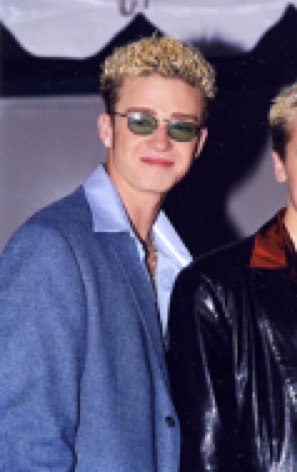
In the last hundred years, we have gained immeasurable knowledge about infant needs and infant development, but the way we approach infant sleep hasn’t changed. We are the generation of “when you know better, you do better”. But we haven’t been able to know better because we haven’t understood how we got here. We have failed to understand that what we “know” about infant sleep is an assumption based on decades of misunderstandings. And, accordingly, we’re asking the wrong questions.
So, mama, next time some “well-meaning” stranger, partner, relative, or friend asks you “is he sleeping through the night?”, give them a history lesson.
Stay tuned for more posts on what we know about infant sleep and sleep training!
Paper Pinecone is the leading childcare resource giving you access to the best preschools, daycares, before/after school programs, pods and tutors. Parents always search free and childcare providers always list free. Send inquiries about daycare, preschool, pandemic pods, and microschools to [email protected].
About the Author
Amanda Cannarella has a P.h.D in Applied Developmental and Educational Psychology. Through her business Be.loved, she provides full-spectrum and full-service support to expecting, new, and growing families. She can be reached at [email protected].
[1] Blum, D. (2002). Love at Goon Park: Harry Harlow and the Science of Affection. New York: Berkeley Publishing (Penguin).
[2] Watson, J. B. (1928). Psychological Care of Infant and Child. New York: W. W. Norton Company, Inc.
- stacey's blog
- Log in or register to post comments
